Barbados has a physical challenge. We’ll call it, “Location, location, location.”
It is unique among the Caribbean Islands as a limestone and coral monument arising from the sea floor. Rocky bastion against all the Atlantic can throw against it on the Eastern coast it ambles toward its Caribbean beaches on the West. In between is a culture with a strong British accent seasoned with a sugar plantation, piracy, and slavery history. Music, dance, and cuisine flow from that heritage to support a calendar of festivals that are uniquely tropical. Far south in the Caribbean chain it is also the most eastward of the islands. And there lies the rub.
No, their issue is not facing jealousy that the rest of the world is not so well endowed. The challenge is getting there. Barbados is not somewhere you tend to visit by accident. Keep in mind that it took Columbus until 1492 to find it and he was probably the last person in history to stumble upon it accidentally.
Tourism is Barbados’ major employer. Contributing about 15% to its GNP the nation devotes significant resource to fashioning a tourist-friendly infrastructure. So Barbados has changed its “position” without altering any maps. It’s a time-tested strategy for overcoming many handicaps: Think differently.
“A destination for true travelers,” goes the Barbados travel video. “And there’s a reason for that. It was designed that way by Mother Nature. A little more remote. A little harder to get to… Barbados, the last authentic Caribbean experience.”
Travelers are trending recently toward closer-to-home trips for reasons of cost, comfort, and environmental impact. The challenge is for marginalized destinations to work with what they are given and deliver the extra quality of experience that tips the value proposition in their favor.
When a destination, or a company, begins to reexamine its limitations as a scaffolding for its success it engages in the sort of resilient creativity that is a fact of life for people with disabilities. And what are Caribbean islands learning about travelers with disabilities as they engage with our community as consumers? They discover:
- We reward comfortable air carriers – especially if they have good customer service.
- We read designs as well as signs – and know that what isn’t there speaks as loudly as a “Need not Apply” placard.
- We make decisive judgments about accommodations. In a wheelchair it’s, “No easy fit. No visit.”
- We travel, dine, and play by word of mouth recommendations – and studies show that we respond positively when we see “our kind” portrayed in marketing materials and hired on staff.
- We stay a bit longer, bring along more added business, and return more reliably than other market segments.
It took Australian researcher Simon Darcy’s work in 1998, “From Anxiety to Access,” to articulate to the industry the travel behavior of people with disabilities. The two Harris Interactive surveys of Americans with disabilities in 2002 and 2005 from the Open Doors Organization mainstreamed statistics like the fact that Americans with disabilities were spending $13.6 billion annually on travel alone. Word got out that this market felt undeserved. They reported that they would double their travel spending if only appropriate product was created – and they had ideas on how to design it.
There is an irony that those traditionally left behind as disabled are showing the way forward. Just in time too as the Boomer generation is entering the stage of life reserved for long-delayed dreams of travel. Their aging bodies are starting to lack resilience and so they demand a creative design response from the travel industry to accommodate them universally.
Who knows what other treasure lies buried in the experience of the disability community?
A hint for the adventurous: Watch for signs that some of this overlooked bounty is being dug up in Barbados. Look under the banner of the island’s “Fully Accessible Barbados” campaign where the local disability community, industry, and government are forging a model of inclusive destination development that just might end up making its way around the world.



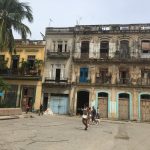




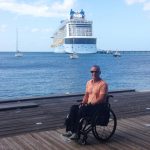
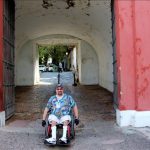

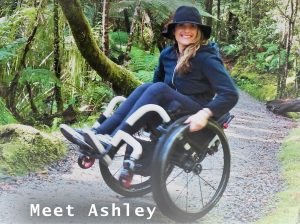

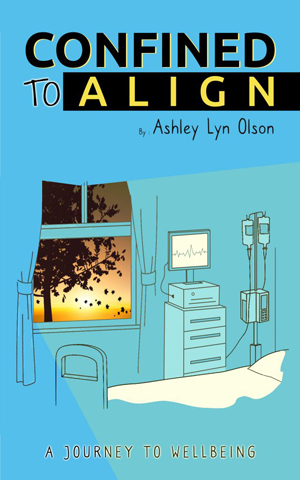
Thank you for your insights. I’m a para looking to take my first Caribbean vacation. Obviously, I don’t want to get to a destination and sit in one place, while everyone else enjoys the island.